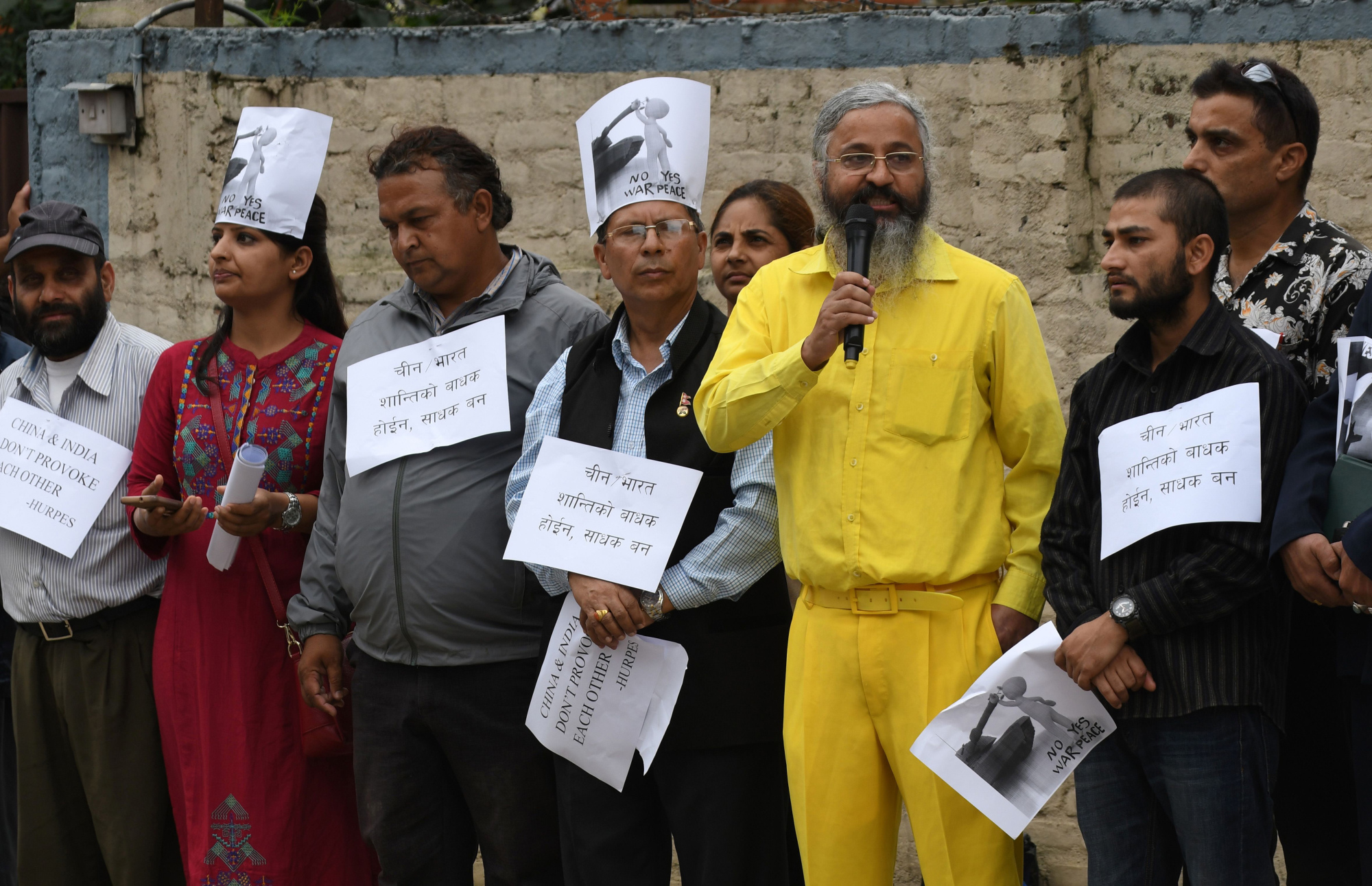Indian and Chinese troops have been locked in a standoff in Doka La — where the borders of Bhutan, China and India meet — for almost a month now, the longest such impasse between the two armies since 1962. In a not-so-subtle reference to that last conflict, in which India suffered a disastrous defeat, Chinese Ministry of National Defense spokesperson Col. Wu Qian has warned India to "learn from historical lessons." But the lessons of history have a peculiar tendency to adapt to the perspective of those citing them.
China sees in the 1962 conflict the price an uppity neighbor had to pay for not acceding to its territorial demands. But for India that conflict was a humiliation that has rankled the country for more than half a century. The reminder of it is therefore likely to have the opposite effect than Wu anticipated.
In international relations, to be humiliated means more than to be embarrassed. It amounts to the public degradation of another actor, a denial of its bid for status and the establishment of a clear hierarchy. Wars provide the opportunity for humiliation in very stark ways, because defeat on the battlefield tends to bring not just ridicule and derision, but also clear losses, particularly of territory.



















With your current subscription plan you can comment on stories. However, before writing your first comment, please create a display name in the Profile section of your subscriber account page.